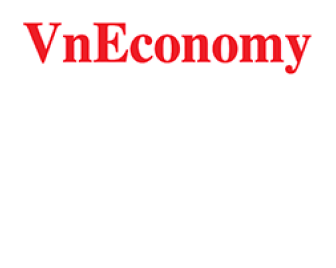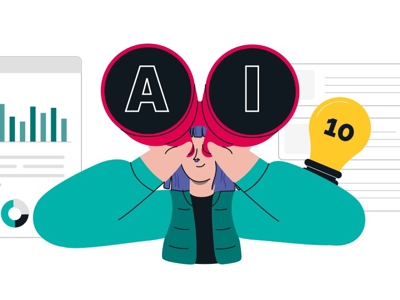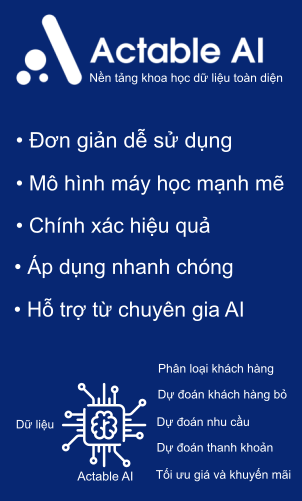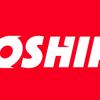MarTech application in Vietnam
The Marketing technology (MarTech) market is growing strongly globally and in Vietnam, so businesses must always update trends to avoid falling behind.
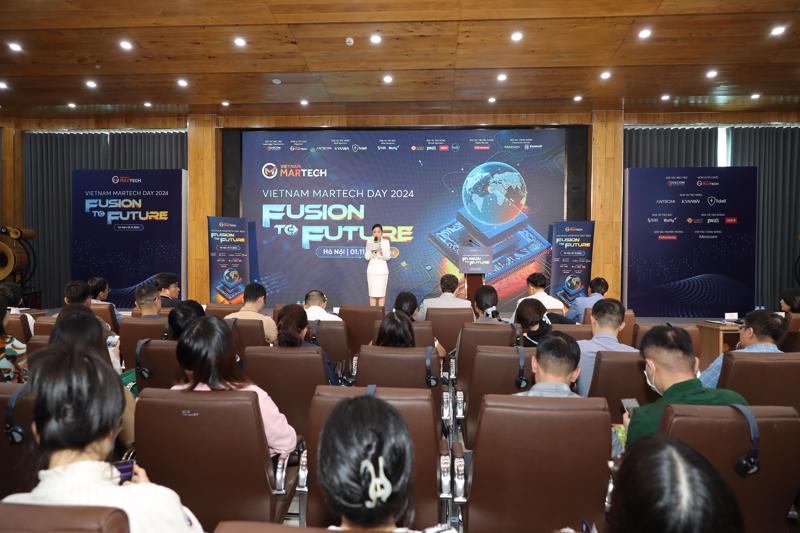
Marketing technology (MarTech) is currently one of the fields witnessing explosive growth. According to a recent forecast by Forrester, global Martech spending will reach $148 billion in 2024. The global MarTech market will grow at a compound annual growth rate of 13.3 per cent between 2023 and 2027. Forrester also forecasts that global spending on martech tools is expected to exceed $215 billion in 2027, up from $131 billion in 2023. The MarTech Landscape 2024 report notes that there are more than 14,000 Martech companies in the world.
In Vietnam, MarTech is revolutionizing many fields, opening up great opportunities for businesses to optimize operations and growth. Industries such as e-commerce, banking and finance, retail, tourism and online education are leading this trend.
At the Vietnam Martech Day 2024 with the theme “Fusion to Future” held on November 1 in Hanoi, Mr. Do Tien Thinh, Deputy Director of the National Innovation Center (NIC), said that in the context of constantly changing technology and constantly changing consumer trends, MarTech is becoming increasingly competitive, requiring businesses to constantly update so as not to be left behind in the technology era.
Vietnamese MarTech market development
In Vietnam, the number of MarTech solutions continues to grow and marketing may be at the forefront of adopting the technology.
According to Dr. Dinh Le Dat, representative of Vietnam MarTech, Co-founder and Chairman of Antsomi, as of June 2024, there were more than 14,000 solutions on the global martech map, of which there are nearly 100 Vietnamese companies doing martech present on this map. Notably, in 2023, the number of Vietnamese companies on the global MarTech map was only approximately 15-20 companies, and now it has increased 5 times. That has shown the heat of the MarTech industry not only in the world but also in Vietnam.
Mr. Mohamed Shakeer Anver, data analyst at SAS Institute, also said that the MarTech market in Vietnam has experienced significant growth in recent years, thanks to various factors, such as the rapid economic development that has driven increased spending on marketing and technology. In particular, the e-commerce industry in Vietnam is expanding rapidly, creating demand for MarTech tools and services.
In addition, the increasing number of Internet users in Vietnam is also a potential customer base that Vietnamese businesses can reach. Government support in developing information technology is also a factor promoting the Vietnamese MarTech industry.
"With a large and young population, coupled with increasing digitalization, Vietnam is a promising market for MarTech solution providers," Mr. Anver added. "Overall, the MarTech market in Vietnam is a dynamic and promising picture. As the country continues to modernize and embrace technology, we can expect further growth and innovation in this sector.”
Risks exist
Sharing at the Vietnam Martech Day 2024, Mr. Huynh Le Tan Tai, Representative of Vietnam MarTech, CEO of Kyanon Digital said that in Vietnam, although MarTech is creating a revolution in many business fields such as e-commerce, banking and finance, retail, tourism and online education, many businesses still face difficulties in applying it.
According to Mr. Tai, the biggest challenge is low data quality and fragmentation of software systems, which limits the organization, integration, and exploitation of valuable information from data to optimize customer experience and improve business efficiency. In addition, Vietnamese enterprises also need to face challenges in human resources. The lack of experts with extensive knowledge of marketing technology and data analysis is a major barrier.
Mr. David Lapetina, Deputy General Director in charge of Technology and Engineering, Kyanon Digital, added that in the field of information technology in general and MarTech in particular, businesses often race to launch a product, but if it is fast but not accurate, this will certainly create the opposite effect. For example, applying chatbots in business operations to increase interaction and automate customer support is becoming a trend, but if chatbots suggest wrong information or provide incorrect information to customers, this will negatively affect the brand.
An example given by Mr. Lapetina is that Air Canada once got into trouble when their chatbot automatically suggested the wrong refund policy. As a result, customers complained and the court forced the company to follow the policy set by the chatbot.
“Chatbots significantly support business operations, but using chatbots incorrectly will create the opposite effect, not only damaging the company's image but also damaging the company's revenue,” said Mr. Lapetina.
Specific strategies are needed
According to Mr. Anver, in technology, its important role is as an enabler to help organizations achieve their goals, but not all organizations know how to use it properly.
He pointed out that first, each organization should consider the specific goals they want to achieve instead of making overly complex or overly ambitious requests. Goals should be divided into short-term, medium-term and long-term. Enterprises should start with a minimum feasible solution, then gradually expand if necessary. In addition, when choosing an application, it is necessary to consider products with appropriate functions, avoiding unnecessary duplication to optimize the technology in use.
In addition, to avoid the existence of poor quality or discriminatory data, or even illegal data, Mr. Lapetina proposed that businesses need to process and manage data right from the input stage.
Businesses need to clearly identify the source, establish a system framework to clean data, ensure the accuracy of data, thereby helping AI tools operate accurately, better serving business operations. In addition, businesses also need to pay attention to unifying data across all channels, from websites, mobile applications, to physical stores. Thanks to that, customer information is continuously updated and unified across all platforms.
"Martech in the future must be a unified system, well managed by businesses," Mr. Lapetina affirmed. "Proper application of AI will help businesses increase revenue and optimize costs."
